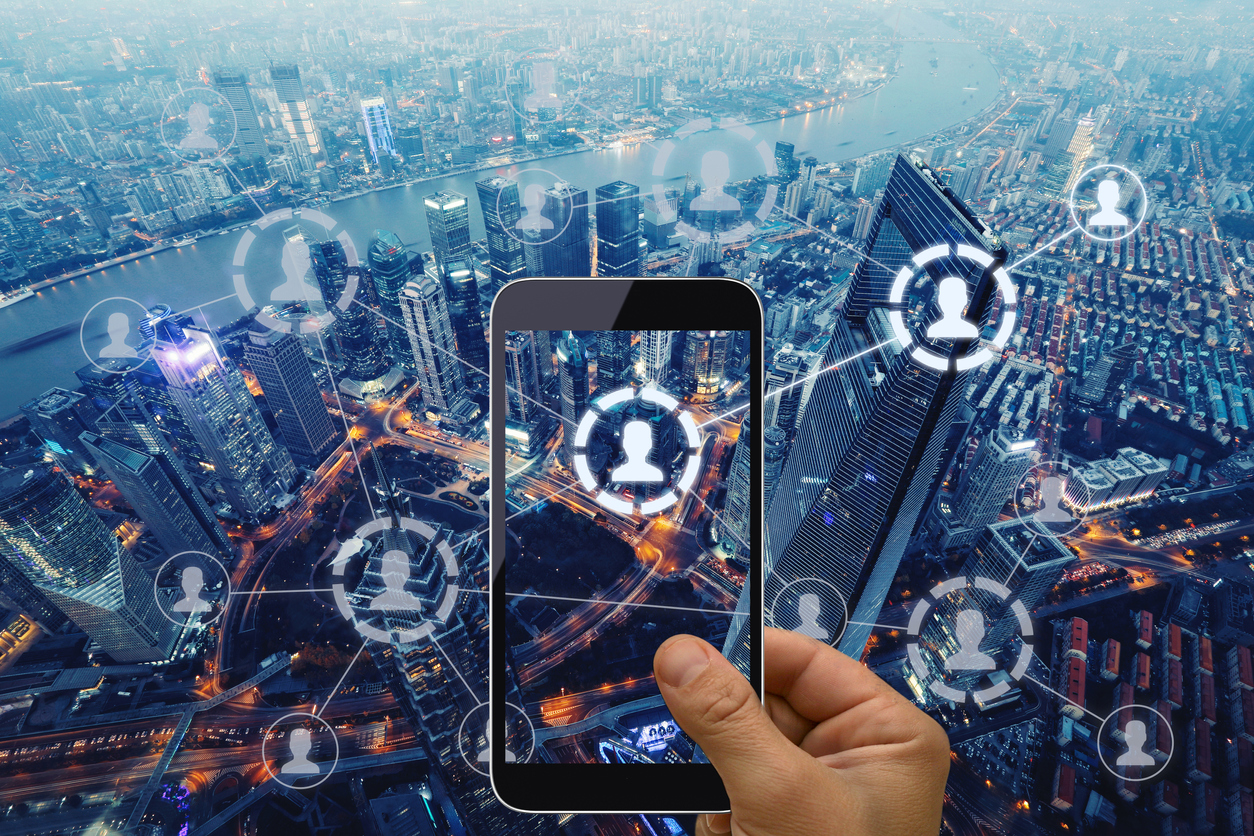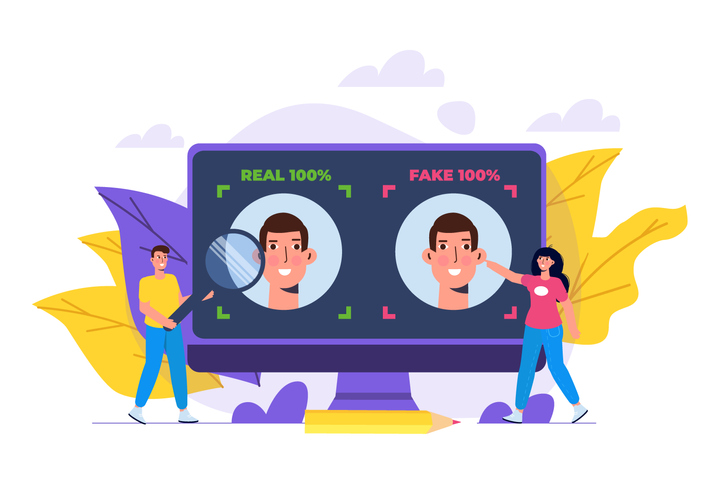Android Phones from China – A Greater Privacy Risk than TikTok?

If you’re concerned about national security, there are many scarier things than Chinese weather/spy balloons and TikTok. Maybe the balloon was just a distraction. Maybe the Chinese are concerned that US lawmakers will figure out Tik Tok isn’t the only way they can spy on us.
Think about how much information your phone collects about you every day—apps you use, products you buy, friends you text. Most people allow their phones—and their homes—to listen to and record everything they say. And most people allow their phone to track their location, count their steps, and gather other personal information. But have you ever thought about where this information goes? Who gathers it? What do they use it for?
Most of us have no idea where the websites and apps we use were built or who built them. Websites load cookies onto your browser, allowing you to be tracked across the internet. Apps have the ability to access your camera, microphone, your contacts, and other private information. Are you certain the latest game you downloaded wasn’t produced by developers in Russia, North Korea, or Iran? And then there’s the equipment itself to consider.
Laptops and phones produced by Chinese companies are way more dangerous than Tik Tok and spy balloons. The Trump administration made it illegal to use components from Huawei and ZTE (two powerful Chinese companies) in American cell towers. It was a good first step, but we need to go further. There are several Chinese companies that sell mobile phones and tablets in the US. The most popular is Xiaomi. It uses the MIUI operating system that is based on Android. This operating system has the capacity to collect almost everything done with the device. Opoo is another that uses its own form of Android. Lenovo, maker of widely popular laptops, is a Chinese company, too.
These phones and computers should be banned by the US government as well. They pose a greater risk to US national security than Tik Tok or a surveillance balloon. Until lawmakers understand the real threat posed by digital devices—hardware and software in our homes in and in our pockets, constantly gathering personal information—our national security is at risk.



